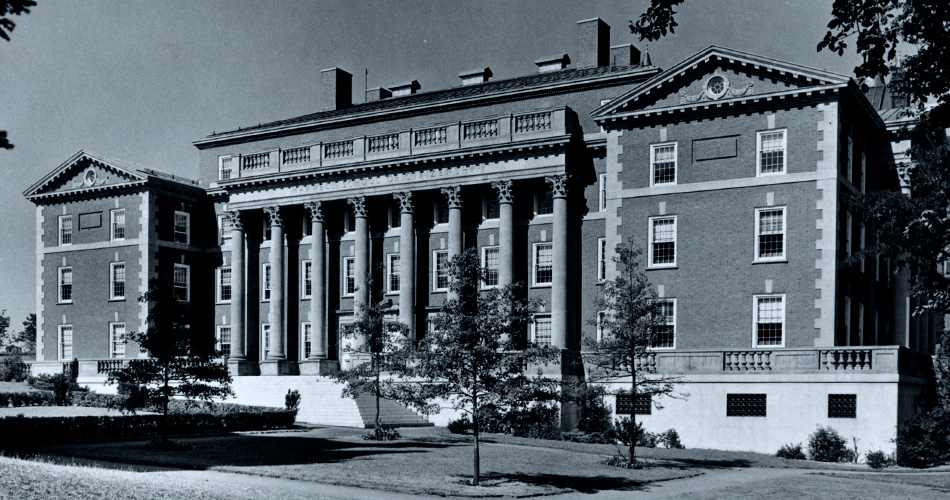EU’s Responses to Climate Change: Socio-Ecological Transitions in Europe
Virtual
Add to: Outlook, ICal, Google Calendar
Moynihan Institute’s Challenges to Citizenship Series
EU’s Responses to Climate Change: Socio-Ecological Transitions in Europe
Climate change is keenly felt in Europe—more heat waves and higher risks of droughts in Southern Europe and more heavy rains and floods in the Continental regions. That said, the challenge facing Europe is different from the ways in which less developed countries experience climate change. The pressing issues are not securing water, food and shelter. Instead, the challenge facing wealthier members of the global community is how to reduce the negative externalities of their economic activities and their way of life. How can they develop a sustainable and equitable economic model? We have invited three key members of the Observatory on Sustainability, Equality and Social Justice at the University of Padua, who will discuss the shifts in politics, policies and business practices taking place at the level of the European Union.
Join our panel of 3 experts in a Webinar conference on Friday, April 29 for a discussion on these critical issues as part of the Moynihan Institute’s Challenges to Citizenship Series.
Panelists:
Paolo Graziano, PhD, is Professor of Political Science at the Department of Political Science, Law and International Studies, University of Padua. He is also Research Associate at the European Social Observatory in Brussels and Chercheur associé at SciencesPo, Paris. His research interests are comparative welfare state reform, European public policies, populism and sustainable community movement organizations. His research has been published in the following journals, among others: Journal of European Public Policy, Journal of European Social Policy, Journal of Social Policy, Governance, European Journal of Political Research, Government and Opposition, West European Politics, Policy and Society, Journal of Common Market Studies and Comparative European Politics.
Ekaterina Domorenok, PhD, is Associate Professor in Political Science at the Department of Political Science, Law and International Studies, University of Padua. Her research interests primarily lie in the field of sustainability and climate policies and governance in Europe, with particular regard to multilevel policy-making, policy integration and learning processes. Her research has appeared among others in: Policy Sciences, Policy and Society, Global Environmental Politics, Environmental Politics, Journal of Common Market Studies and Journal of European Integration.
Eleonora Di Maria, PhD, is Full Professor in Business Management, University of Padova, Department of Economics and Management ‘Marco Fanno’, Italy. Her research focuses on innovation and sustainability strategies of firms and local economic systems, technological innovation, digital transformation and firm competitiveness, global value chains and environmental upgrading. Her research has been published in international books and journals such as Research Policy, Business Strategy and the Environment, Journal of Cleaner Production, European Planning Studies and Industry and Innovation.
Moderator:
Margarita Estévez-Abe
Co-Director, Center for European Studies
Associate Professor of Political Science
Syracuse University
Category
Social Science and Public Policy
Type
Webinars
Region
Virtual
Open to
Alumni
Faculty
Parents and Families
Staff
Students, Graduate and Professional
Students, Prospective
Students, Undergraduate
Cost
Free
Organizers
MAX-Moynihan Institute of Global Affairs, MAX-Center for European Studies
Accessibility
Contact Havva Karakas-Keles to request accommodations

We’re Turning 100!
To mark our centennial in the fall of 2024, the Maxwell School will hold special events and engagement opportunities to celebrate the many ways—across disciplines and borders—our community ever strives to, as the Oath says, “transmit this city not only not less, but greater, better and more beautiful than it was transmitted to us.”
Throughout the year leading up to the centennial, engagement opportunities will be held for our diverse, highly accomplished community that now boasts more than 38,500 alumni across the globe.